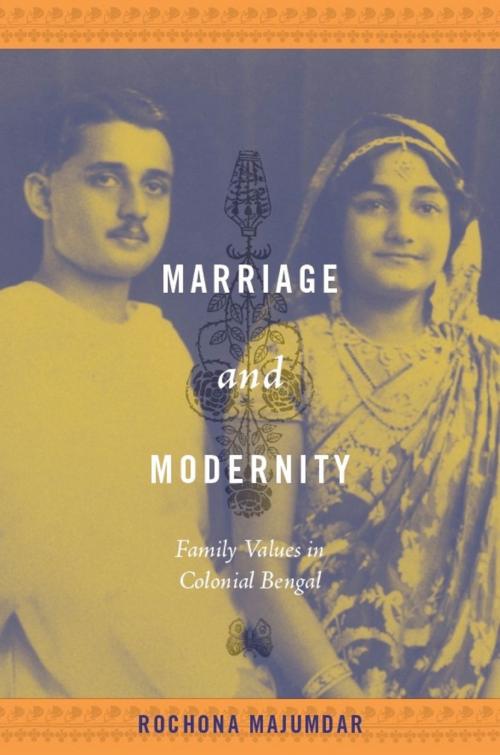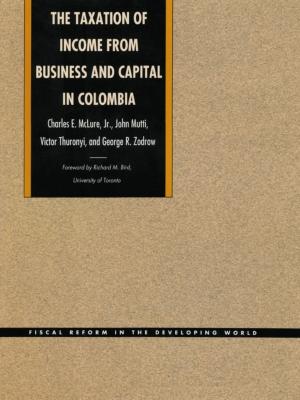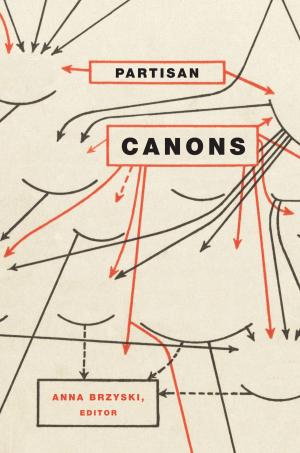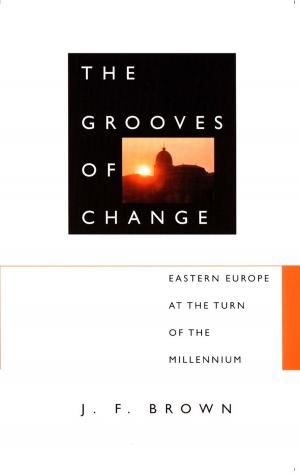Marriage and Modernity
Family Values in Colonial Bengal
Nonfiction, History, Asian, India, Social & Cultural Studies, Social Science, Sociology| Author: | Rochona Majumdar | ISBN: | 9780822390800 |
| Publisher: | Duke University Press | Publication: | April 13, 2009 |
| Imprint: | Duke University Press Books | Language: | English |
| Author: | Rochona Majumdar |
| ISBN: | 9780822390800 |
| Publisher: | Duke University Press |
| Publication: | April 13, 2009 |
| Imprint: | Duke University Press Books |
| Language: | English |
An innovative cultural history of the evolution of modern marriage practices in Bengal, Marriage and Modernity challenges the assumption that arranged marriage is an antiquated practice. Rochona Majumdar demonstrates that in the late colonial period Bengali marriage practices underwent changes that led to a valorization of the larger, intergenerational family as a revered, “ancient” social institution, with arranged marriage as the apotheosis of an “Indian” tradition. She meticulously documents the ways that these newly embraced “traditions”—the extended family and arranged marriage—entered into competition and conversation with other emerging forms of kinship such as the modern unit of the couple, with both models participating promiscuously in the new “marketplace” for marriages, where matrimonial advertisements in the print media and the payment of dowry played central roles. Majumdar argues that together the kinship structures newly asserted as distinctively Indian and the emergence of the marriage market constituted what was and still is modern about marriages in India.
Majumdar examines three broad developments related to the modernity of arranged marriage: the growth of a marriage market, concomitant debates about consumption and vulgarity in the conduct of weddings, and the legal regulation of family property and marriages. Drawing on matrimonial advertisements, wedding invitations, poems, photographs, legal debates, and a vast periodical literature, she shows that the modernization of families does not necessarily imply a transition from extended kinship to nuclear family structures, or from matrimonial agreements negotiated between families to marriage contracts between individuals. Colonial Bengal tells a very different story.
An innovative cultural history of the evolution of modern marriage practices in Bengal, Marriage and Modernity challenges the assumption that arranged marriage is an antiquated practice. Rochona Majumdar demonstrates that in the late colonial period Bengali marriage practices underwent changes that led to a valorization of the larger, intergenerational family as a revered, “ancient” social institution, with arranged marriage as the apotheosis of an “Indian” tradition. She meticulously documents the ways that these newly embraced “traditions”—the extended family and arranged marriage—entered into competition and conversation with other emerging forms of kinship such as the modern unit of the couple, with both models participating promiscuously in the new “marketplace” for marriages, where matrimonial advertisements in the print media and the payment of dowry played central roles. Majumdar argues that together the kinship structures newly asserted as distinctively Indian and the emergence of the marriage market constituted what was and still is modern about marriages in India.
Majumdar examines three broad developments related to the modernity of arranged marriage: the growth of a marriage market, concomitant debates about consumption and vulgarity in the conduct of weddings, and the legal regulation of family property and marriages. Drawing on matrimonial advertisements, wedding invitations, poems, photographs, legal debates, and a vast periodical literature, she shows that the modernization of families does not necessarily imply a transition from extended kinship to nuclear family structures, or from matrimonial agreements negotiated between families to marriage contracts between individuals. Colonial Bengal tells a very different story.















